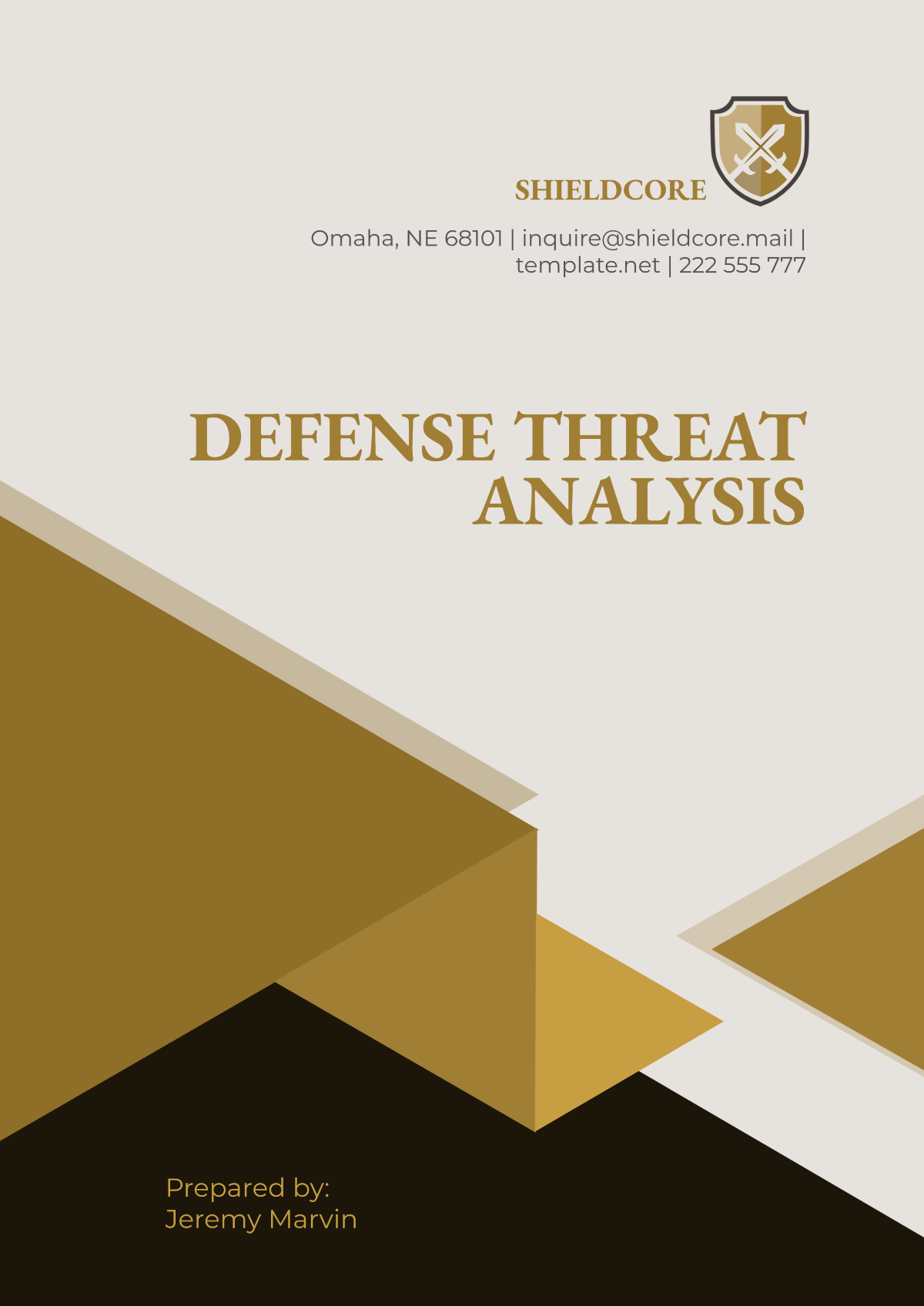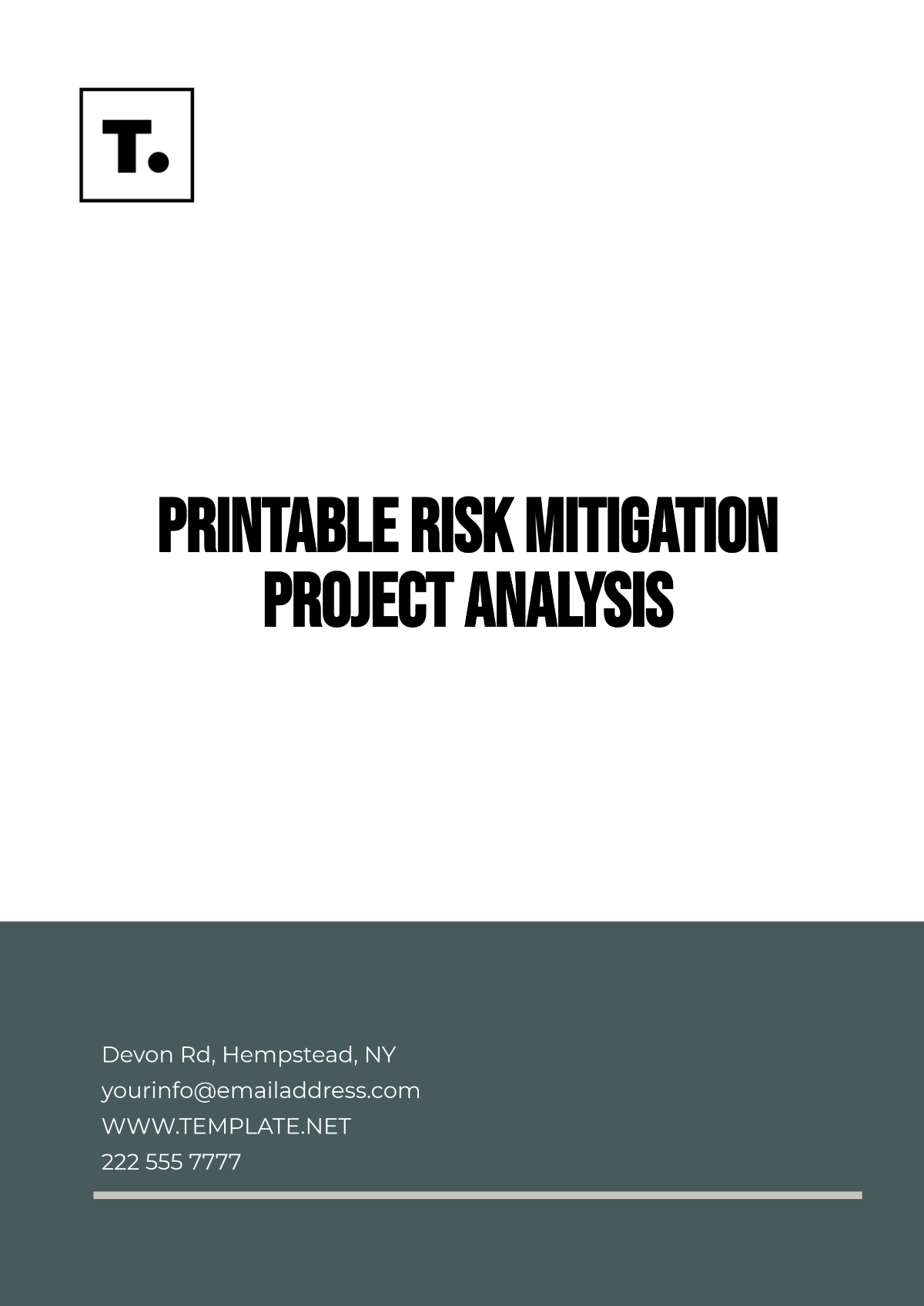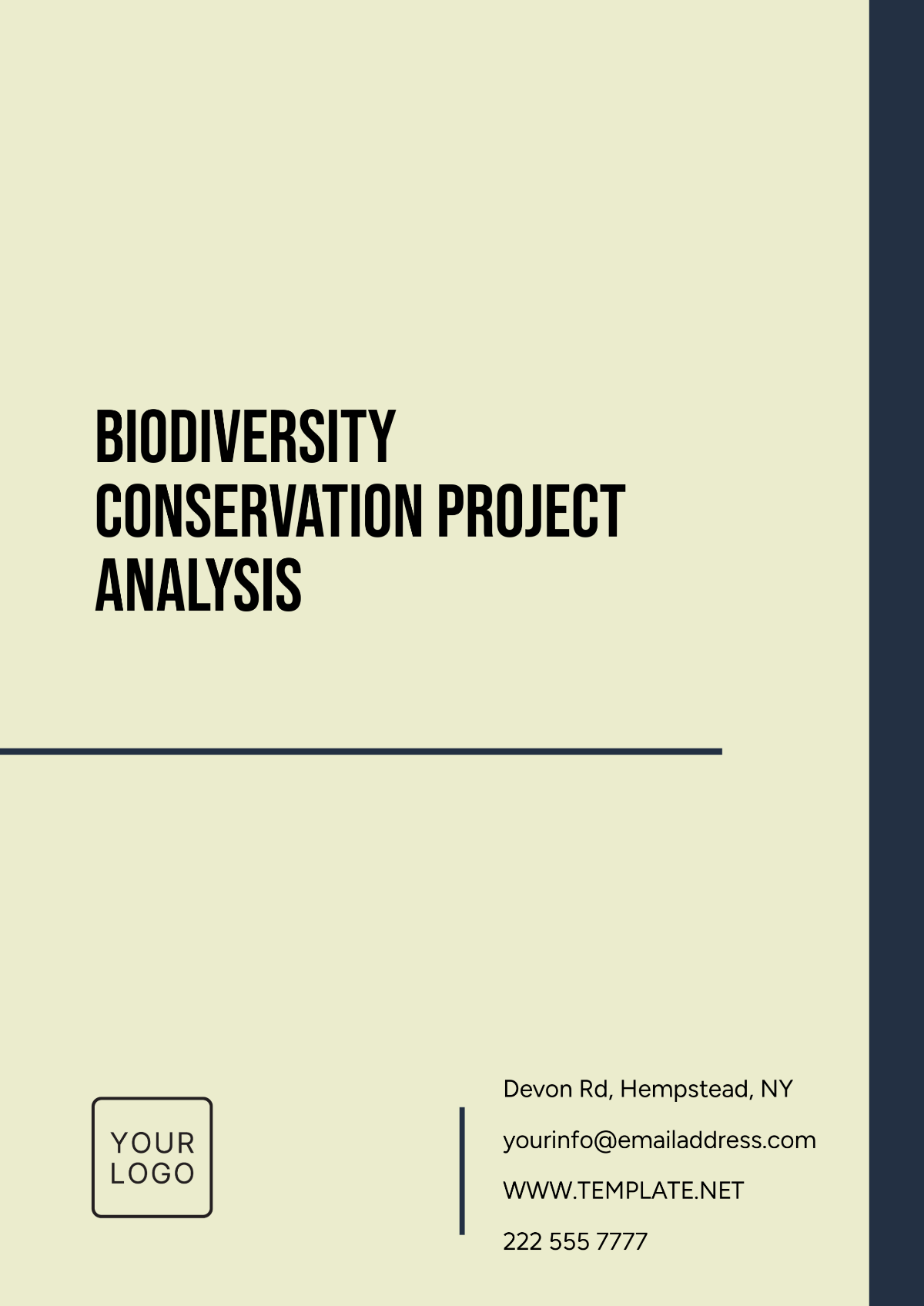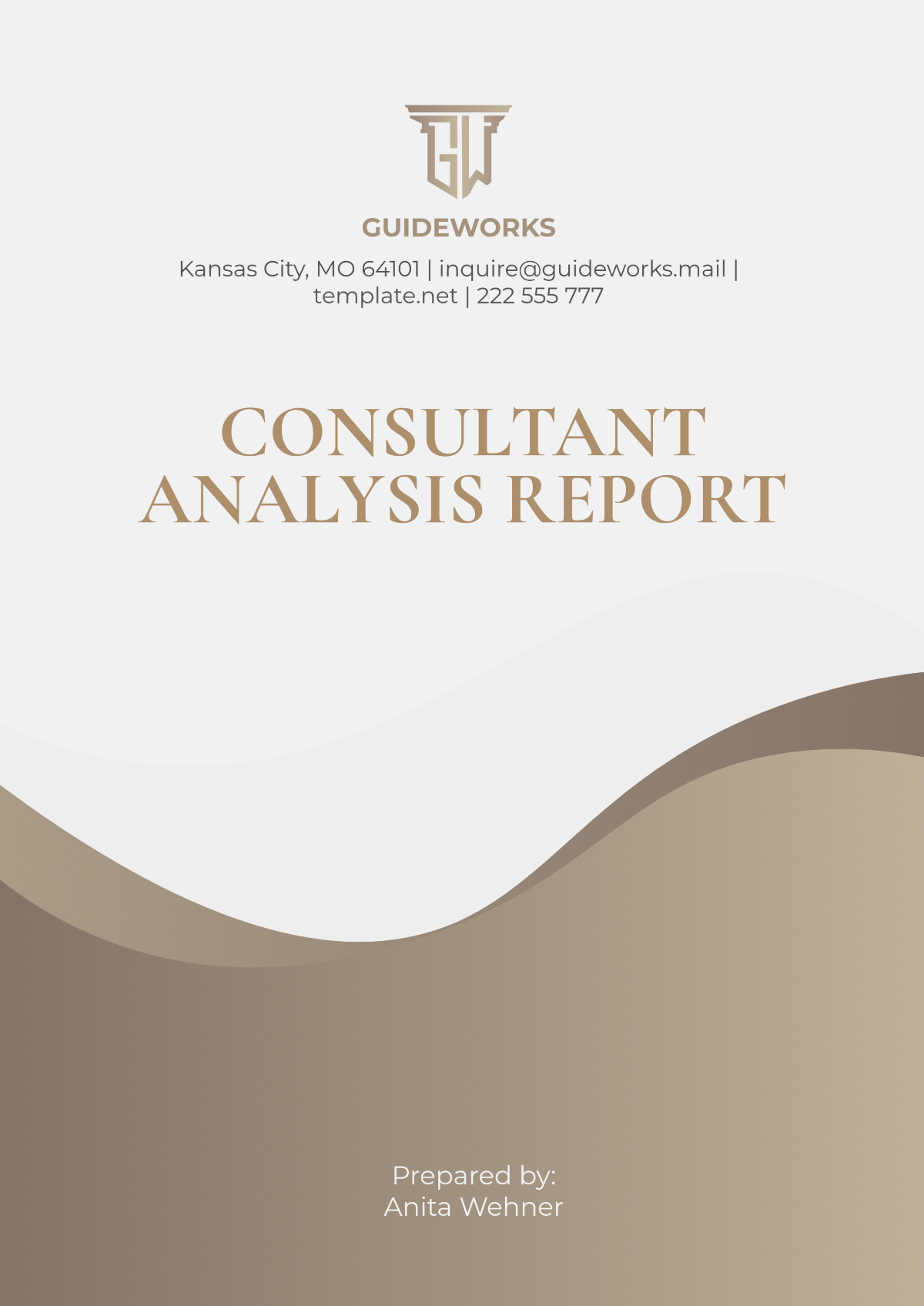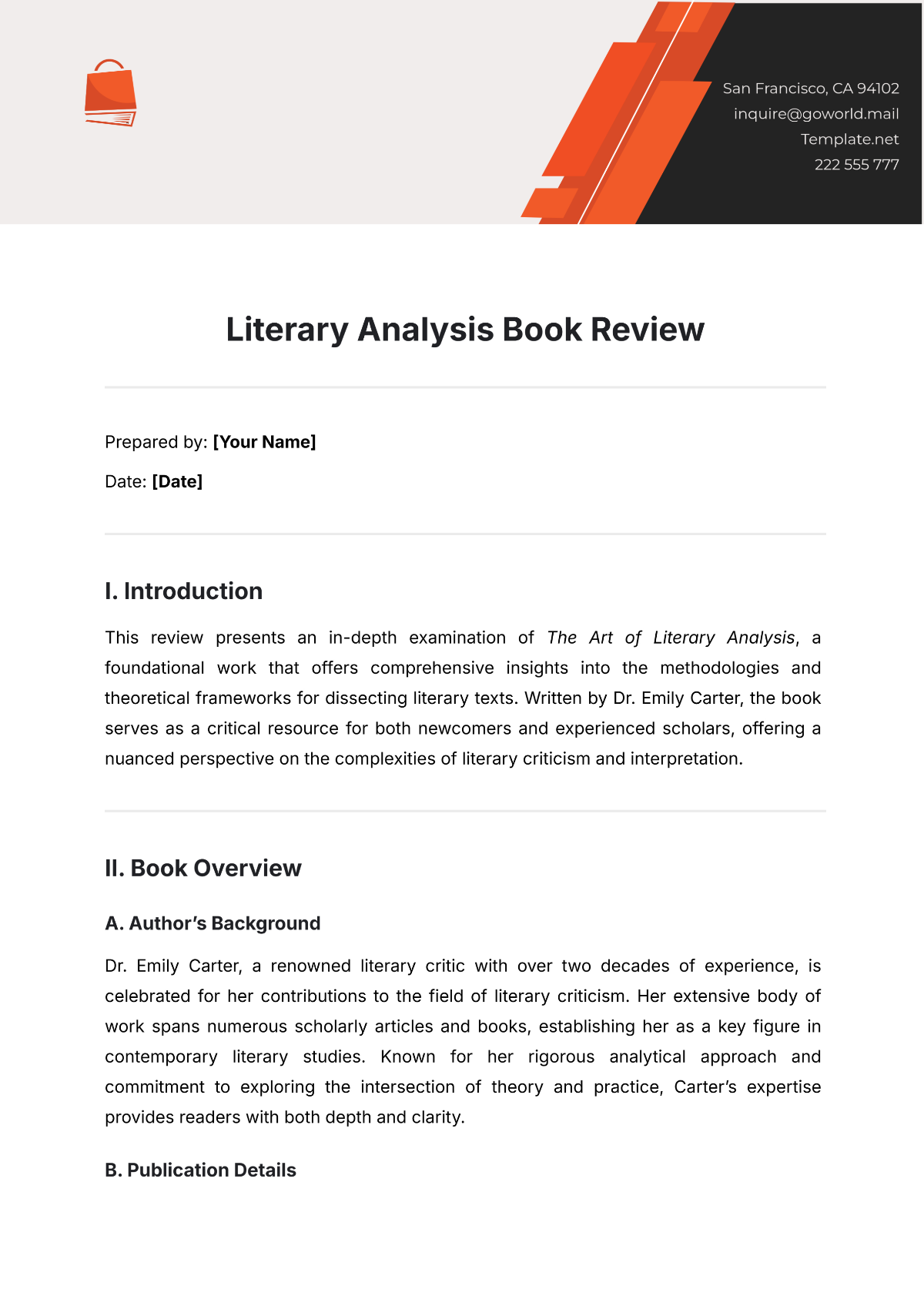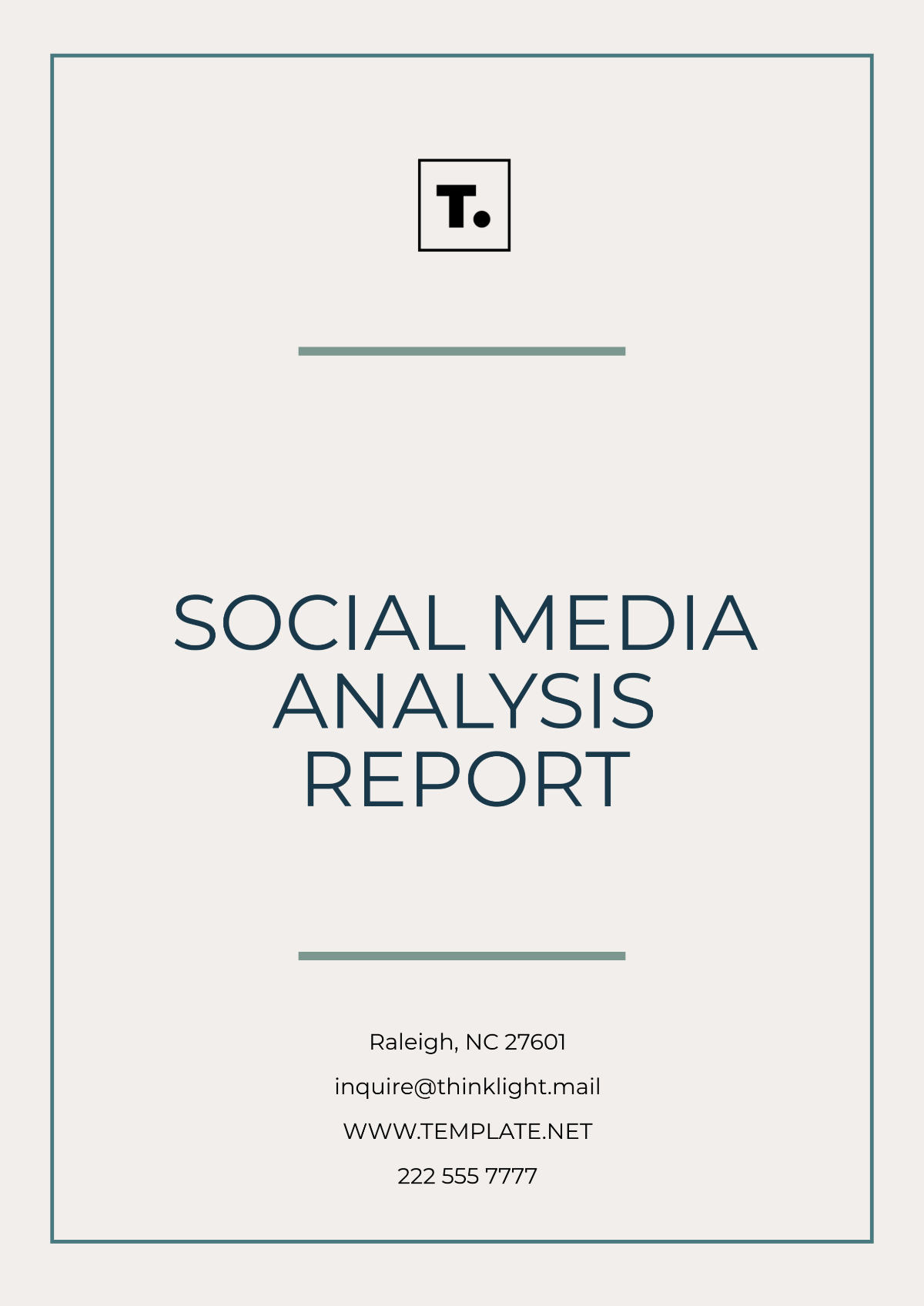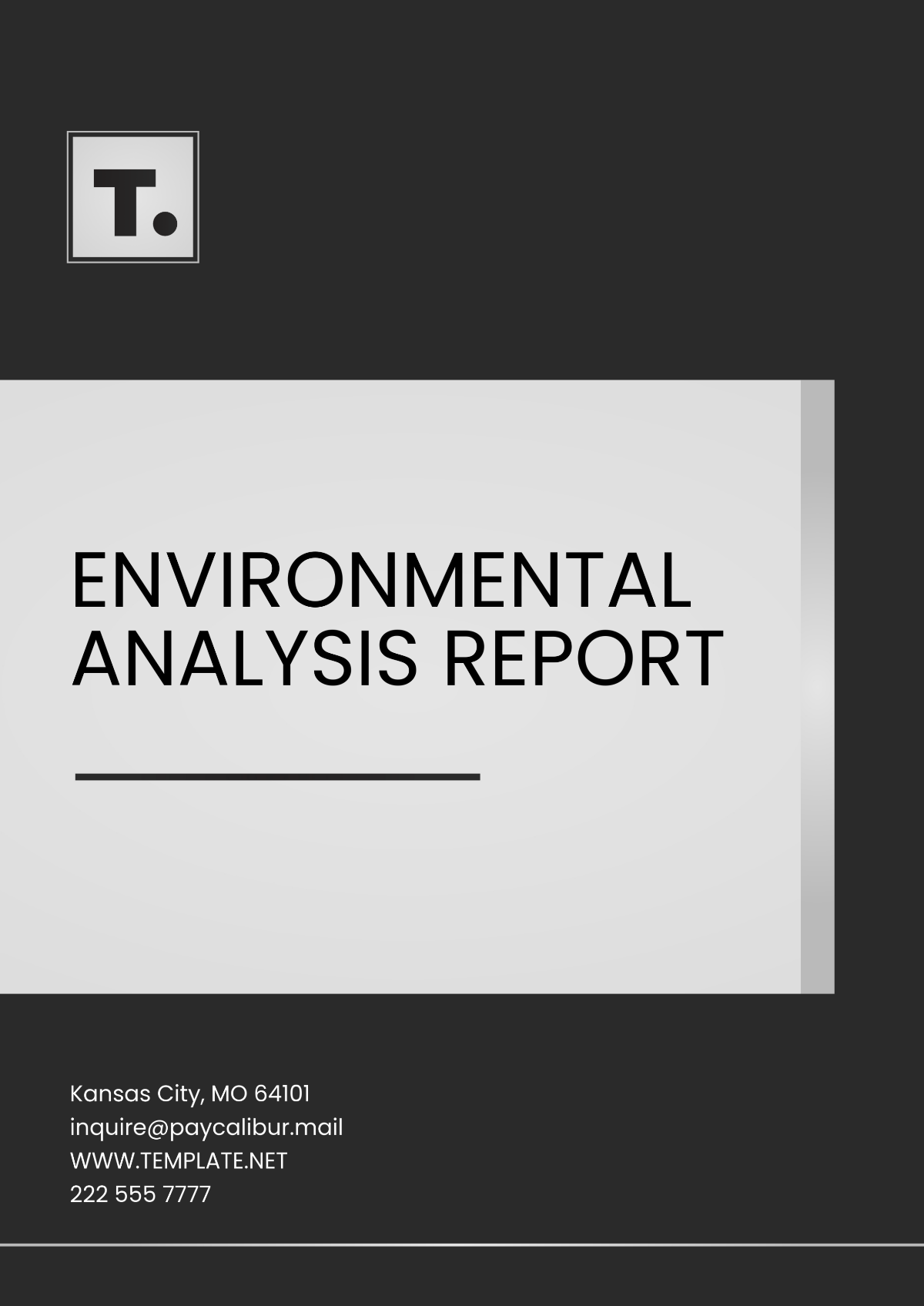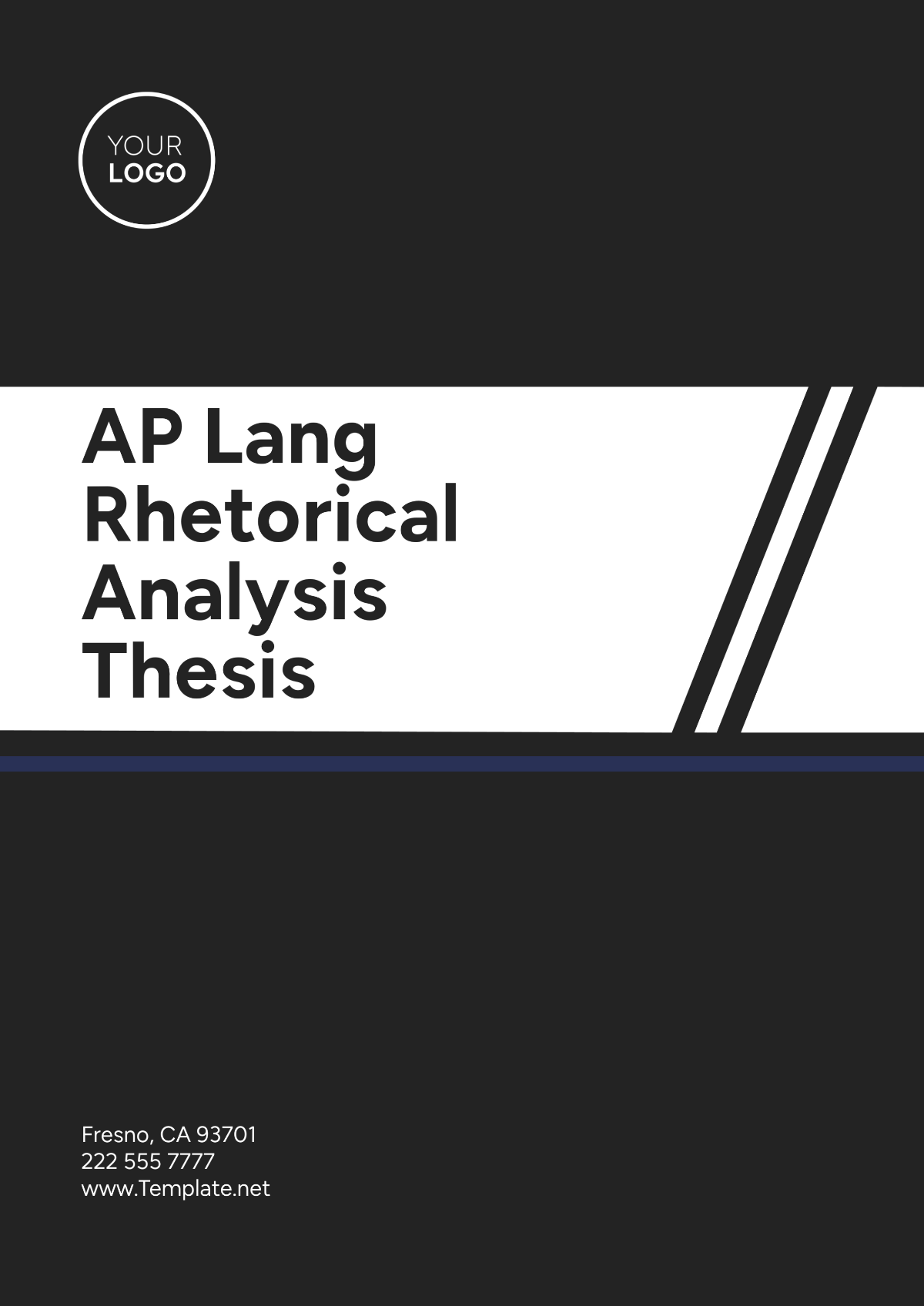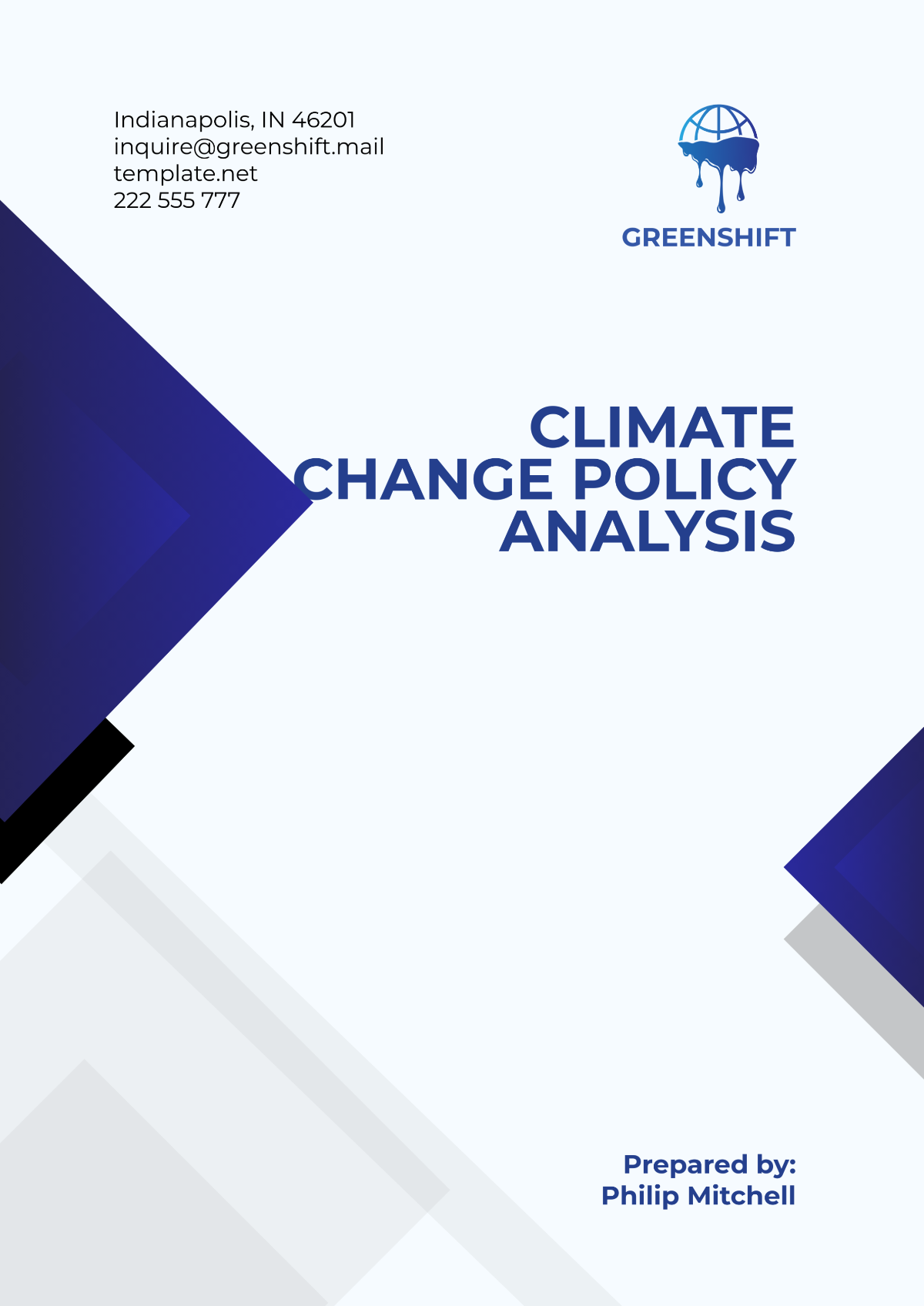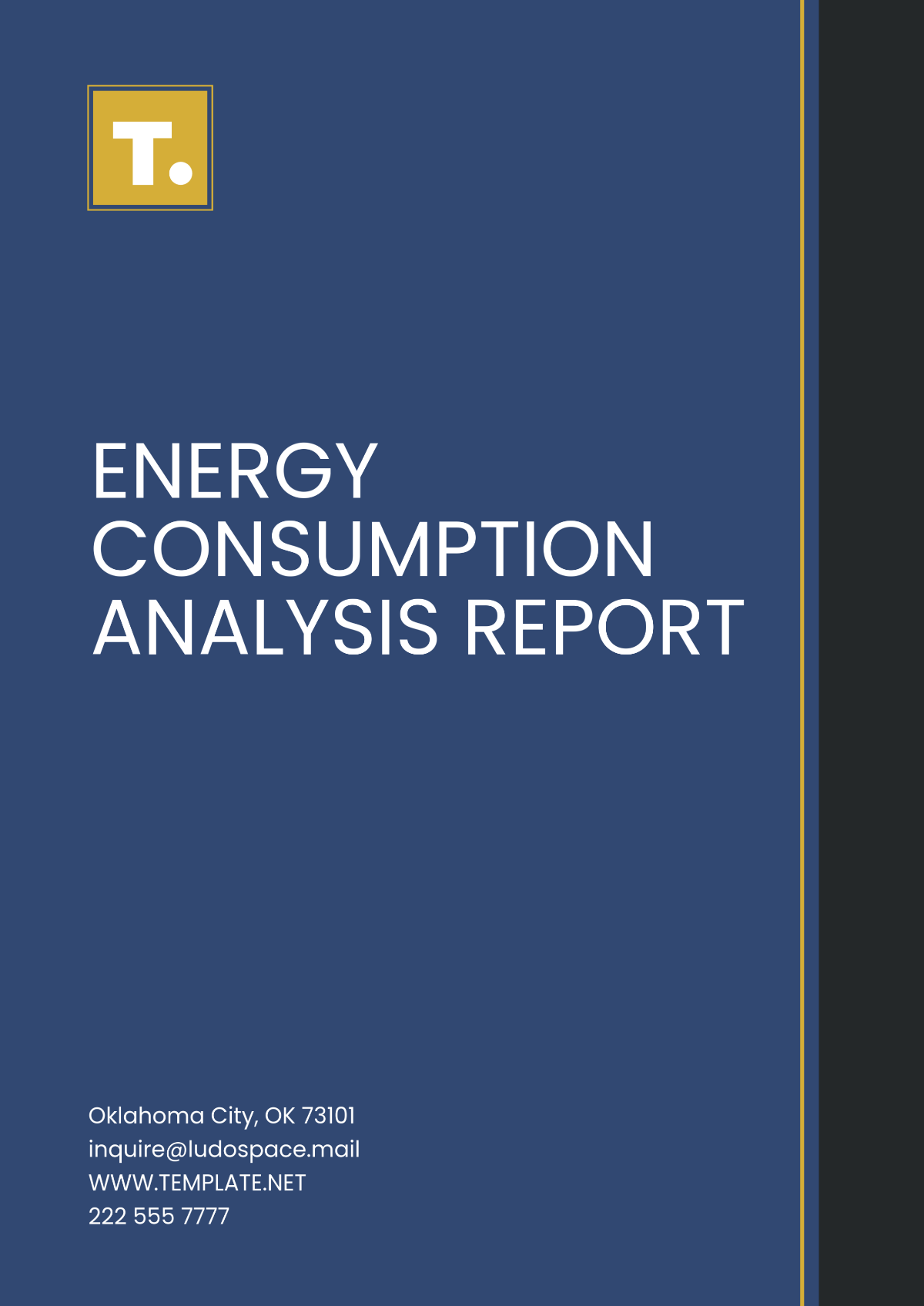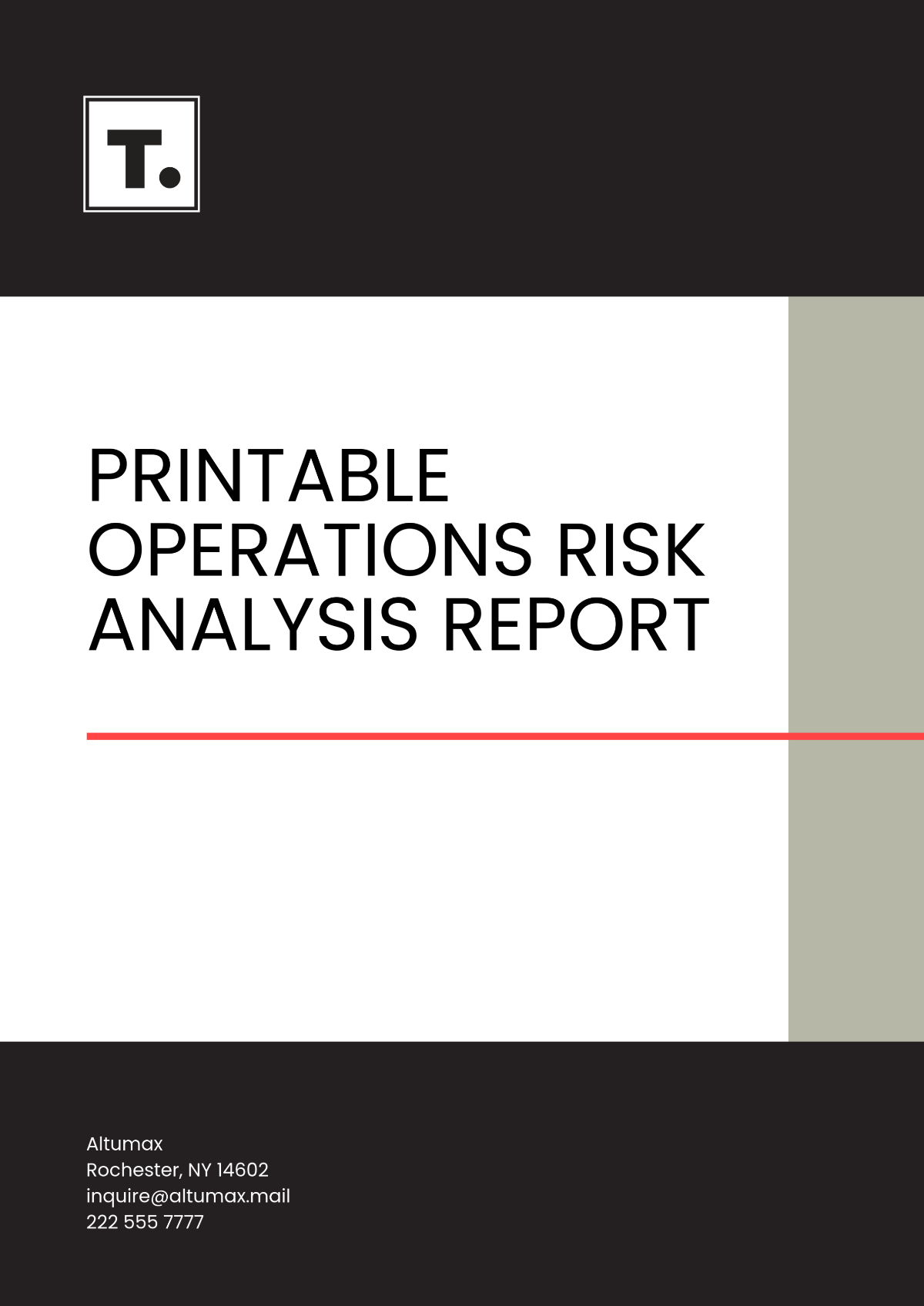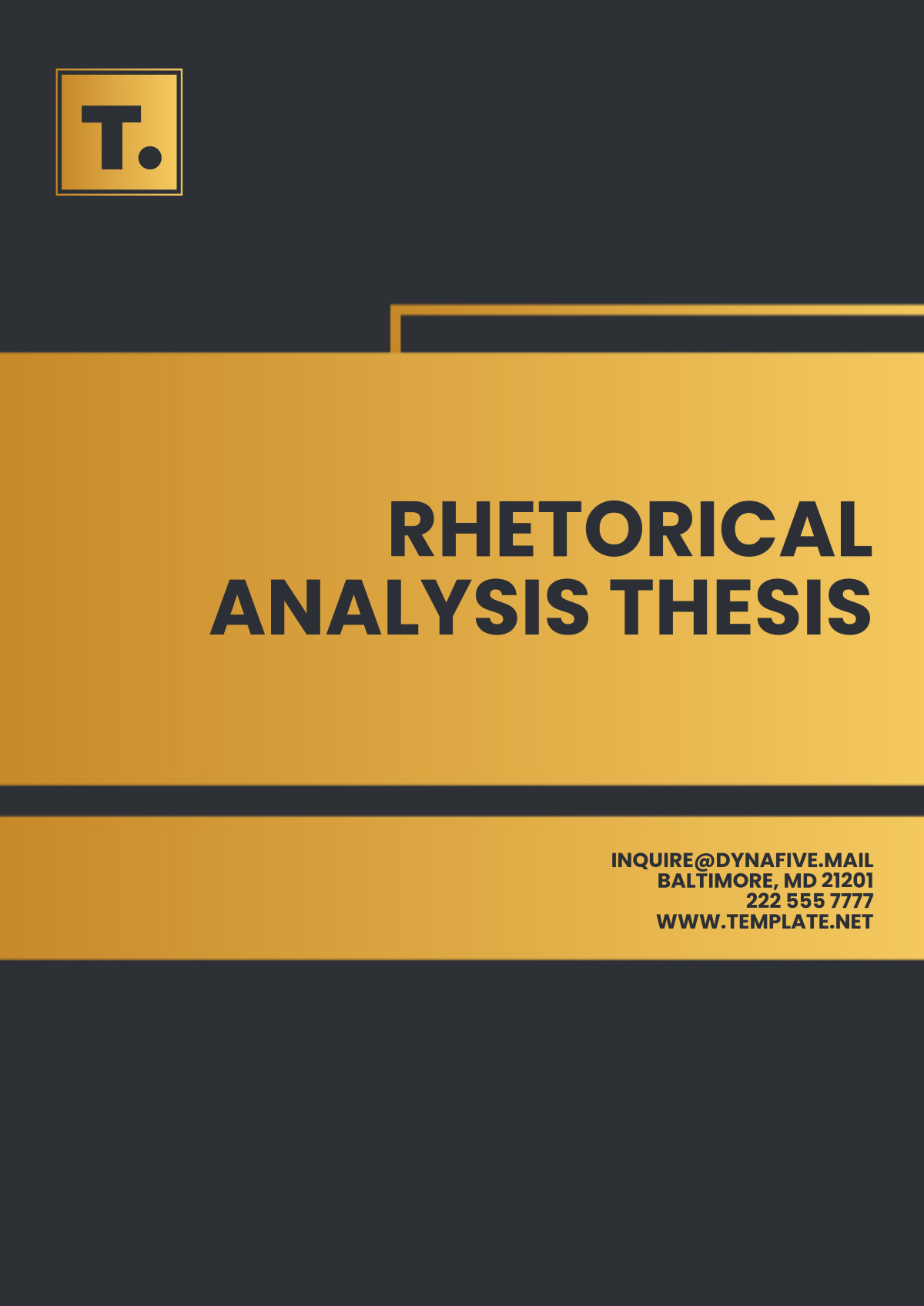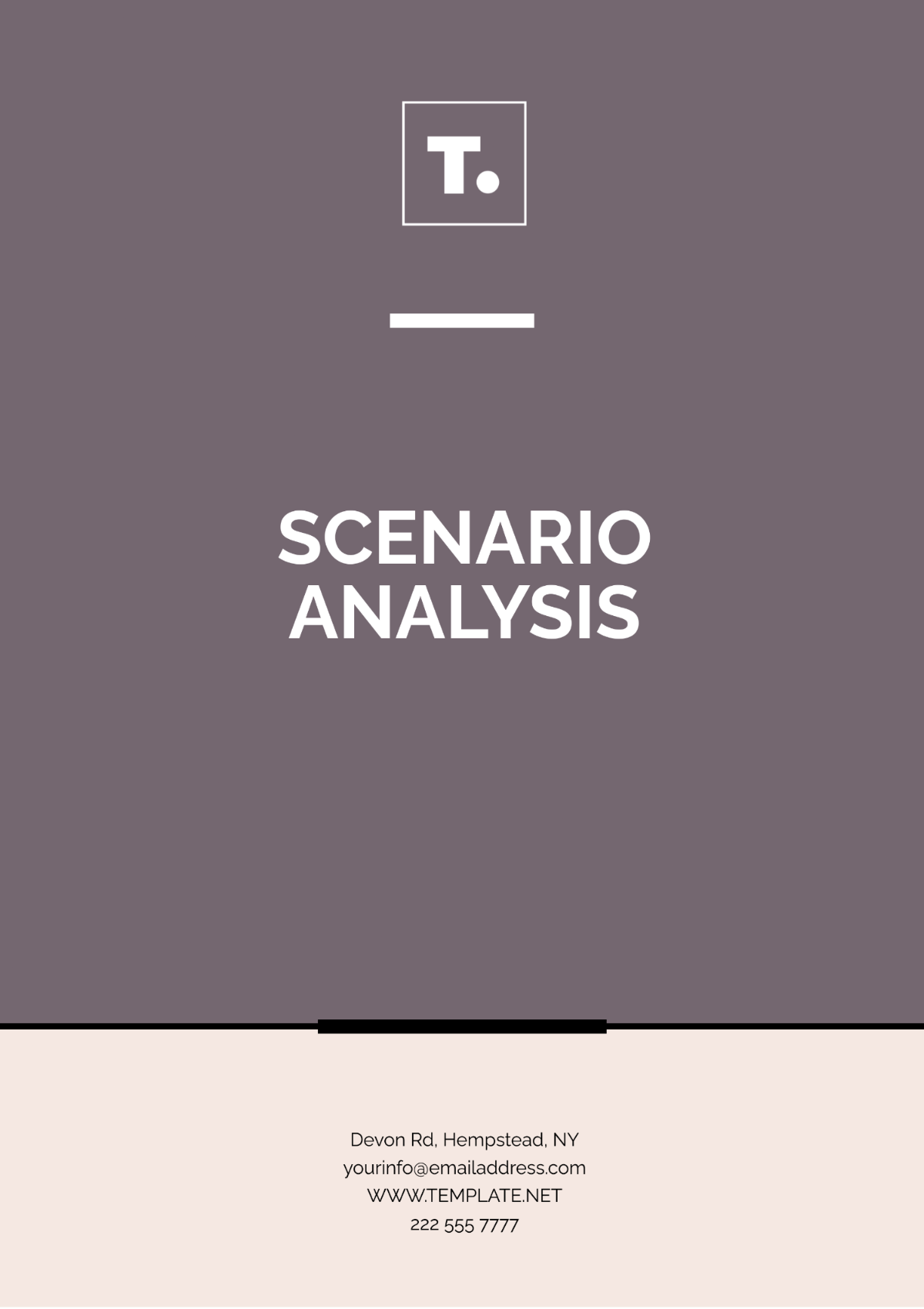Global Warming and Its Impact on Nature: An Analysis
Global warming, a significant and enduring increase in Earth's average temperature primarily caused by human activities, has profound implications for the natural world. The combustion of fossil fuels, deforestation, and industrial processes have markedly increased the concentration of greenhouse gases in the atmosphere, leading to a greenhouse effect that traps heat. This phenomenon has far-reaching effects on natural ecosystems, biodiversity, and the intricate balance of life on our planet.
One of the most visible impacts of global warming is the alteration of natural habitats. As temperatures rise, many species face the challenge of adapting to new conditions or migrating to more suitable environments. However, the rapid pace of climate change often outstrips the ability of species to adapt or relocate. For instance, polar bears, reliant on sea ice for hunting seals, find their habitat diminishing as Arctic ice melts at an unprecedented rate. Similarly, coral reefs, which support a vast array of marine life, are experiencing widespread bleaching due to increased sea temperatures and acidification.
Furthermore, global warming disrupts phenological events—the seasonal life cycle events of plants and animals. Changes in temperature and precipitation patterns lead to shifts in blooming periods, migration timing, and breeding seasons. Such disruptions can result in mismatches between species and their food sources, threatening survival and reproduction rates. For example, if insects emerge earlier due to warmer springs but their avian predators do not adjust their breeding times accordingly, there can be a decline in bird populations due to the lack of an adequate food supply.
The impact of global warming extends to the hydrological cycle, influencing the availability and distribution of fresh water. Altered precipitation patterns lead to more intense and frequent droughts in some regions, while others may experience increased flooding. These changes affect not only terrestrial and aquatic ecosystems but also human societies that rely on these natural resources. The shrinking of glaciers, which act as natural reservoirs of freshwater, poses a significant threat to the flora and fauna dependent on glacier-fed rivers.
